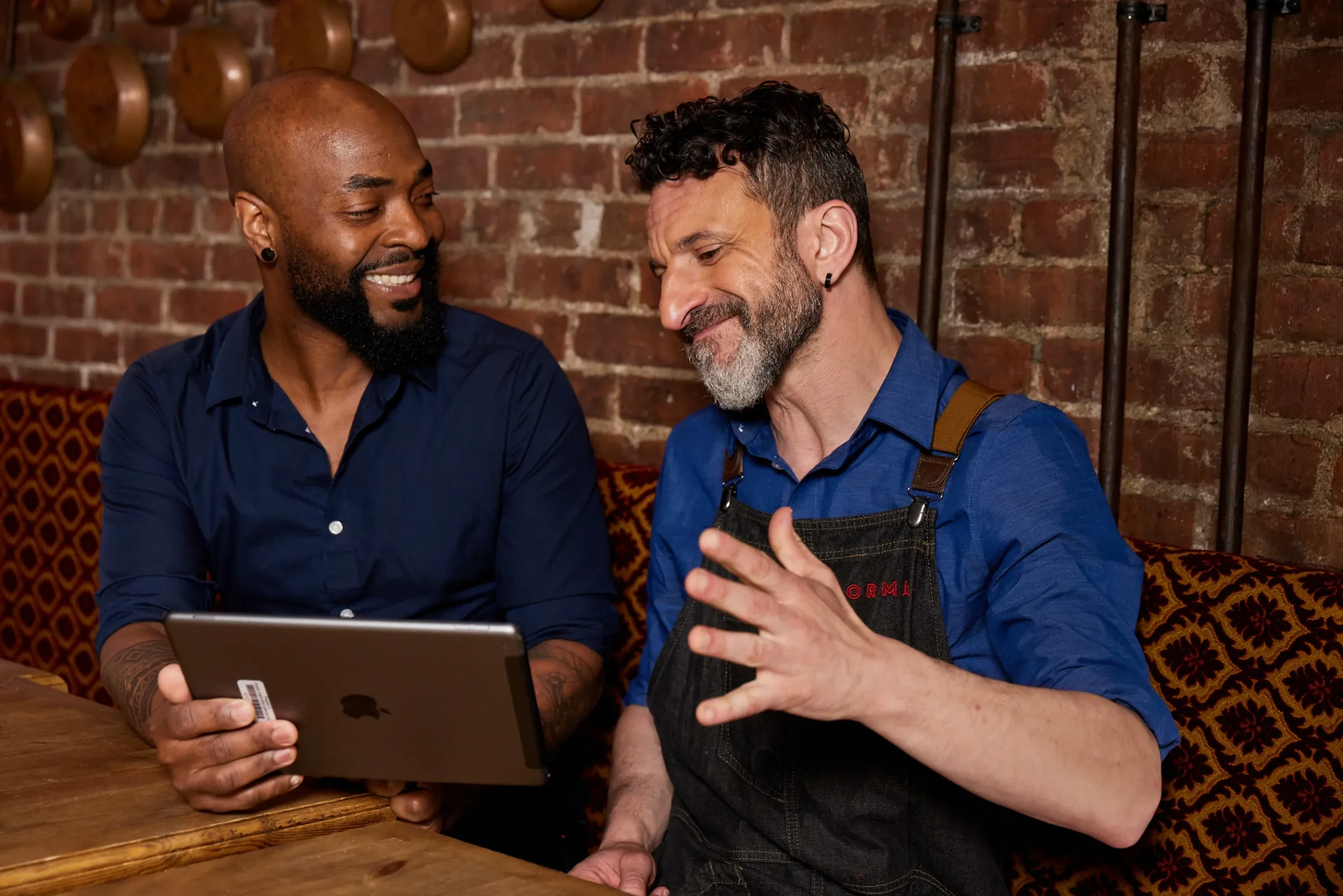Restaurant marketing insights: Avoid these common mistakes

Navigating the restaurant marketing landscape can be daunting, but with over two decades of experience, I’ve transformed from a novice to a restaurant marketing expert. Learn from my marketing mistakes. This guide is based on my real-life lessons that detail both what to do and what to avoid, aimed at empowering you with a roadmap for success.
Skip the article and turn takeaways into action by scheduling a call with our team.
The Art of Timing: “Sleigh Bells on Spring”
Our “Sleigh Bells on Spring” event was a turning point in understanding the power of anticipation. This event was meant to be our banner event of the year, creating six weeks worth of traffic.
Initially, we managed this event with only a few weeks of preparation, which resulted in a lukewarm reception and operational headaches. Learning from this, we adopted a systematic approach in subsequent years.
Lesson Learned
Timeline Creation: We started with a backward timeline from the event date, identifying key milestones like vendor bookings, staff training, and marketing launches.
Story Development: We developed a compelling narrative that begins with pre-event marketing. Email marketing, social media posts, and local media to teased elements of the event, such as special menu items and guest appearances.
Proven Strategy
For the revamped “Sleigh Bells on Spring,” we created an interactive online countdown featuring daily reveals related to the event’s offerings. This not only built excitement but also increased online engagement and advance bookings. The engagement was measured through increased social media interactions and a rise in early reservations, demonstrating the effectiveness of a well-planned promotional strategy.
Budgeting for Impact: The “Fat Tuesday” Initiative
“Fat Tuesday” was initially just another themed night until we reevaluated our investment strategy. By reallocating our budget to focus on fewer, high-impact events, “Fat Tuesday” transformed into a signature affair that captured the community’s attention and significantly boosted our seasonal revenue.
Lessons Learned
Budget Reallocation: We re-prioritized spending on impactful elements like live bands, specialty menus, and unique decorations that enhance the theme.
Partnership Development: We forged partnerships with suppliers who could provide exclusive items at a negotiated rate, increasing the event’s uniqueness while managing costs.
Proven Strategy
We leveraged local influencers and food bloggers to preview “Fat Tuesday” festivities, offering them a taste of the menu and a behind-the-scenes look at the preparations.
Their posts and stories generated buzz and attracted a wider audience than traditional advertising methods. This strategy proved to be cost-effective, with a significant return on investment in terms of increased attendance and media coverage.
Creating Value Through Experiences, Not Discounts
Initially, our discount-driven strategy attracted bargain hunters, which did not foster long-term loyalty. We shifted our focus to creating unique experiences, like our “Tour of the South” culinary series, which aligned better with our target audience’s expectations and increased customer retention.
Keys to Success
Experience Design: Plan immersive experiences that go beyond dining. Consider theme nights, chef meet-and-greets, or cooking classes that engage customers more deeply.
Communication Strategy: Use targeted marketing to reach audiences who value experiences over discounts. This can include tailored emails, partnership events, and loyalty programs.
Proven Strategy
Our “Tour of the South” series included themed decor, a curated playlist, and a custom menu for each region. Staff were trained to share interesting facts about the dishes, enhancing the educational aspect of the dining experience.
This approach not only entertained but also educated our patrons, creating memorable evenings that were shared widely on social media. Feedback from customers highlighted the enhanced dining experience, with many expressing appreciation for the thoughtful integration of cultural elements into each meal.
Building a Cohesive Marketing Strategy
Through detailed planning, strategic investment, and a shift towards value-driven experiences, we turbo-charged our restaurant’s marketing.
I hope these first hand experiences of my own journey of growth and adaptation, offer actionable insights that can be tailored to your restaurant’s marketing efforts.
In this ever changing business, we must continuously assess and refine our strategies based on customer feedback and market trends. This proactive approach will help maintain our competitive edge and ensure sustained success.
Click below to download our Event Marketing Checklist, providing you with a breakdown on how to implement these strategies.
Want a simple way to level up your restaurant operations? Yelp Guest Manager is a software solution that allows customers to check themselves in, handles waitlists and reservations, and much more.
Restaurants that use Guest Manager paired with Yelp Ads experience 87% more traffic on their Yelp Business Page. Get a demo today!
Fill out the form to get the Event Marketing Checklist
"*" indicates required fields